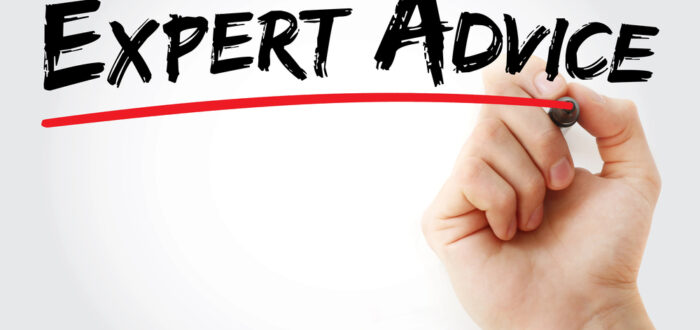Your first experience of wearing hearing aids may be confusing, especially if your hearing loss occurred gradually over a few years. At REM Audiology, we’re here to help you adjust to using hearing aids.
Here are our top 10 tips for first time hearing aid users:
- Start Slowly. It will take your brain some time to interpret and identify the sounds you’re able to hear again. Begin slowly by wearing your hearing aids for a few hours a day, and gradually build up the length of time you wear them.
- Start Out In A Quiet Room. When you first put on your hearing aids, sit in a quiet spot in your home. This will allow you to adjust to the new quality of sound in a comfortable environment. Certain sounds may seem very loud, such as the ticking of a clock or the hum of your air conditioner. This is normal and part of your brain adjusting.
- Don’t Play With The Volume Too Much. Your hearing aids shouldn’t require manual adjustment very often. In fact, there’s a good chance that they automatically adjust to the different listening situations you may find yourself in. If you do have to turn the volume up, don’t make them too loud.
- Don’t Be Discouraged. Just like wearing glasses for the first time might feel a bit funny, hearing aids may feel alien. The initial feelings of discomfort should disappear after a few days. If it doesn’t, please give us a call and we’d be happy to check the fit of your device.
- Read Out Loud. Speaking in a loud voice is a common symptom of hearing loss. But with your new hearing aids, you can regulate the volume of your voice. Practice reading out loud. This will help you determine the appropriate volume for speech, but has the added value of helping you recognize speech and particular words again.
- Watch The TV With Subtitles or Closed-Caption. Reading and listening to speech at the same time is a fantastic way to retrain your brain to connect language and sounds.
- Exercise Your Hearing. Close your eyes, and try to determine what direction a particular sound is coming from. This will help to retrain your brain to identify sounds.
- Get Your Family To Help. Enlist the help of your family during your hearing aid adjustment period. Not only will it be easier for you to understand familiar voices, they can also increase your confidence in speaking in a group. They can also help you determine the appropriate volume for your TV. Ask your family member to set the TV to a normal volume for them, and avoid turning it up from this. You don’t want to further damage your hearing!
- Take Advantage Of Available Technology. Many hearing aid devices can now connect wirelessly with other electronic devices. This is known as Telecoil Mode or Telecoil Technology. Hearing aids with this feature can link to smartphones, microphones, computers and other compatible electronic devices. The sounds will be transmitted directly to your hearing aid, making it even easier for you to hear from these devices.
- Be Patient. Above all, be patient. It takes time to adjust to new hearing aids, so be patient with yourself!
Need Help? Have a Question? Contact Us Today!
At REM Audiology, our hearing care professionals are on hand to help you with your hearing needs. Hearing assessments are quick and painless, and treating your hearing loss can go a long way towards improving your quality of life. To book your appointment, call us today on (888) 710-5734. Alternatively, click here to contact us online.

